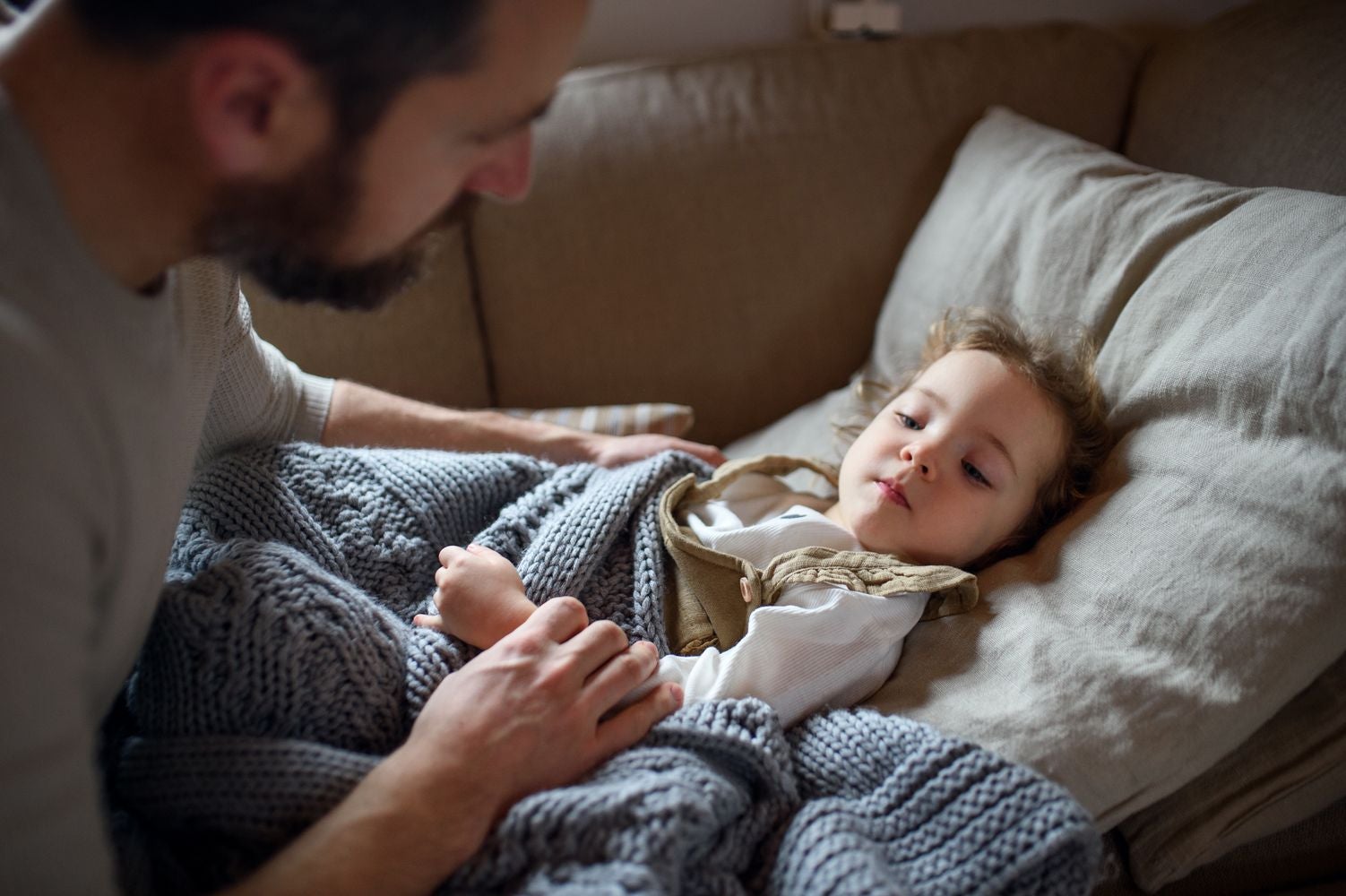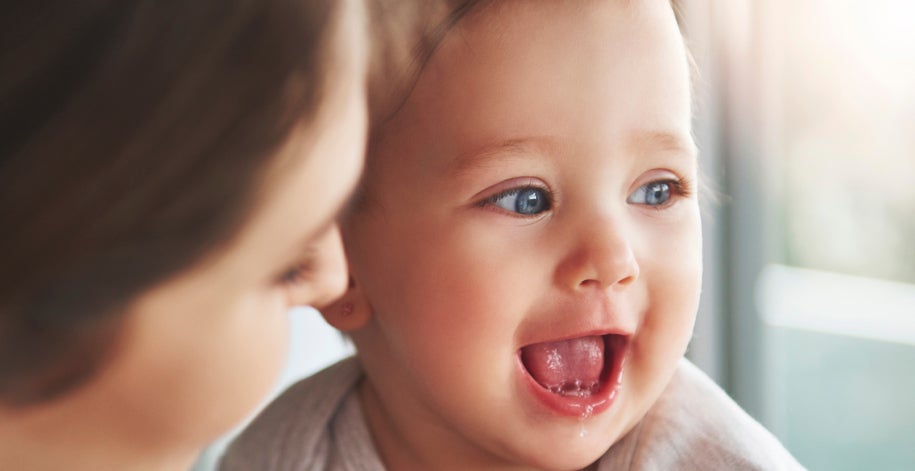Understanding Toddler Fever
It is always concerning when your little one is running a temperature but it is not always a cause for panic. Fever is a symptom that occurs when the body is fighting an unwanted intruder such as bacteria or virus. It gives the immune system a helping hand by stopping bacteria multiplying as they don’t survive well in high temperatures.
What is a normal body temperature?
A normal body temperature for your toddler is between 36 – 37°C but can vary depending on where and when the temperature is taken - underarm and ear are the most accurate, although forehead is the easiest. Above 37.5°C is considered a fever but it is not necessarily a dangerous level. It is also common for fevers to spike in the evening and be lower in the mornings. If your toddler is drinking and still weeing regularly, but a bit wingy and clingy, there may be no need for concern,
Febrile convulsion
The rapid rise and fall of your toddler’s body temperature can trigger a febrile convulsion. Witnessing a febrile convulsion is a frightening experience but doesn’t necessarily lead to any ongoing problems. Always seek medical attention if your toddler experiences a convulsion just to make sure all is ok.
How to help when your toddler has a fever
- It is important to keep them cool, calm and hydrated. Provide opportunities of quiet play, rest, regular drinks of water and breast milk (if you still have some);
- Don’t be alarmed if your toddler is off their food when they have a fever – it’s normal and they will get their appetite back soon enough;
- Avoid dressing them in too many layers, as exposed skin helps the body to cool down;
- Use lukewarm water when bathing as cold bath water can cause a rapid drop in body temperature – risking a febrile convulsion. Cold water may also cause the body to shiver which raises the body temperature;
- Keep windows slightly open to allow fresh air to circulate or have a fan going where your toddler plays.
By helping to keep your toddler’s immune system strong you can help them fight infection on their own. In some cases, fever in toddlers can lead to adverse reactions so always keep an eye on your toddler if they have a temperature and don’t hesitate to see your doctor if you are concerned.


